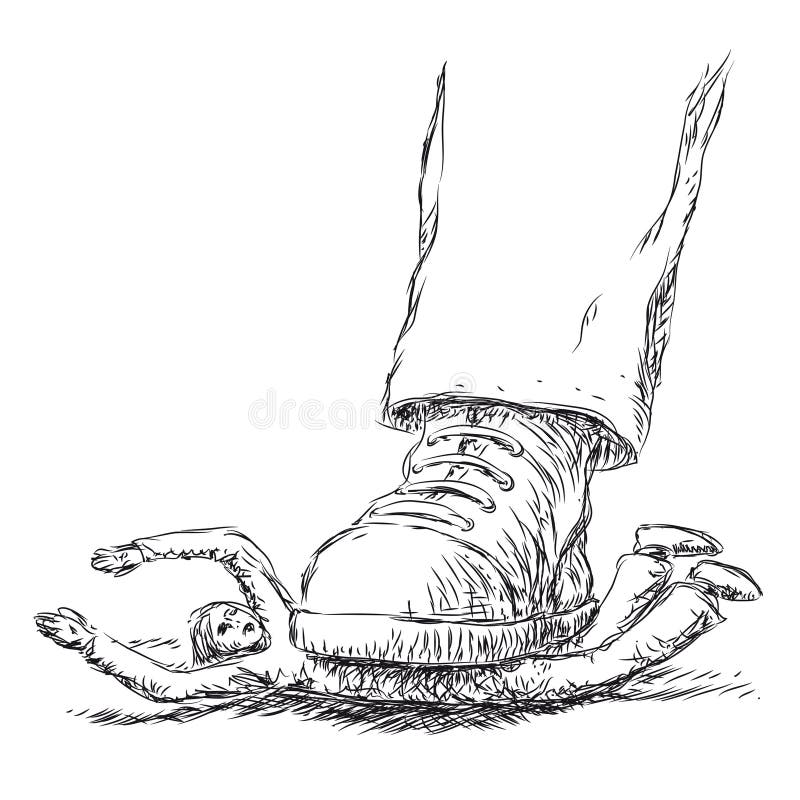Thursday, December 28, 2017
It’s time to address the double standard about tax havens
Canadians hate tax havens. This is according to a poll recently conducted by Environics Institute that showed 90 per cent of Canadians believe tax havens are morally wrong, while 87 per cent believe their use should be banned. And Canadians are right to be upset; tax avoidance robs countries like Canada of billions of dollars in annual revenue.
A practice once shrouded in secrecy, tax avoidance has been brought to the fore by high-profile leaks like the Panama Papers and Paradise Papers. And in their wake, the federal government has insisted the Canada Revenue Agency will be more aggressive in its fight to bring back lost Canadian tax money. But we’re doing it wrong: by going after smaller and often poorer jurisdictions with incessant tax compliance regulations and threats of blacklisting, tax avoidance isn’t curtailed, and the main culprits are not held to account. That’s because the countries who are the worst offenders aren’t the most typically vilified targets, like Bermuda, the Isle of Man, and the Bahamas—they’re some of our close allies and partners.
Indeed, while the phrase “tax haven” often conjures images of tropical locales that stash billions behind the cloak of secrecy, some of the biggest players in tax avoidance and financial secrecy are closer than we realize. Switzerland tops the list of the Tax Justice Network’s financial secrecy index—and the United States comes in third. European Union (EU) member states Germany and Luxembourg also fall in the top 10. In contrast, Bermuda—the small island nation at the centre of the Paradise Papers—is the 34th most secretive country. More tellingly, Bermuda ranks well behind the United Kingdom (15th) and Canada (29th). With the exception of the Cayman Islands (ranked fifth), no other small island nation typically associated with being a tax haven made it into the top 10.
It’s clear we can’t talk about clamping down on tax havens and financial secrecy without going after members of the G20. Real change will only come if both domestic tax laws and regulations are changed and the countries that are seldom portrayed as tax havens—despite hiding billions in assets—are also included. Otherwise, countries like Canada, U.S., and EU member states are simply advocating for a tax-haven double standard. (more...)
Subscribe to:
Post Comments (Atom)


No comments:
Post a Comment